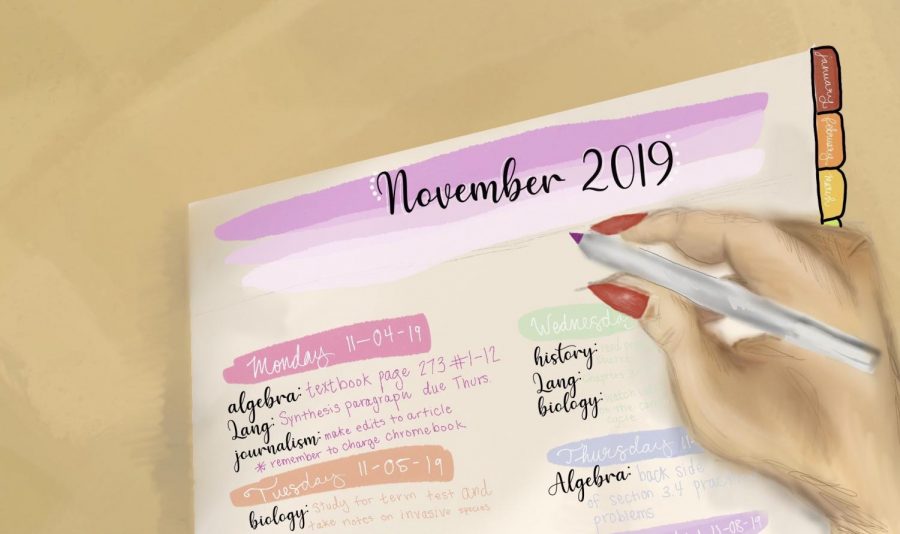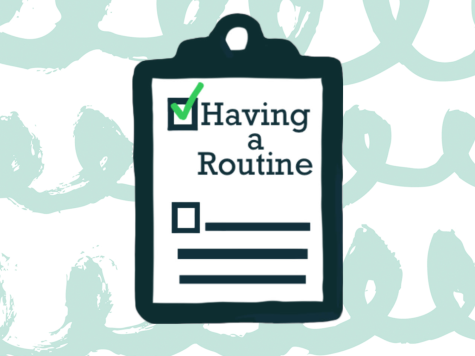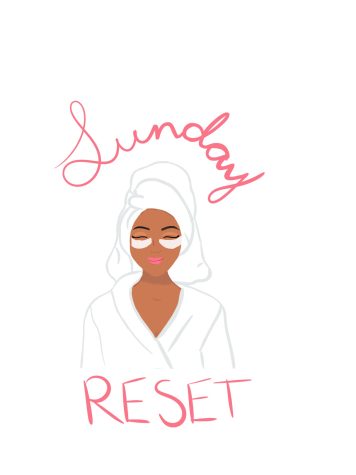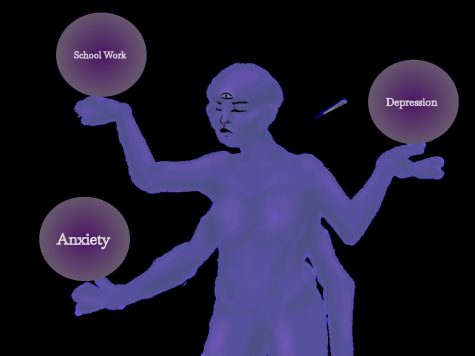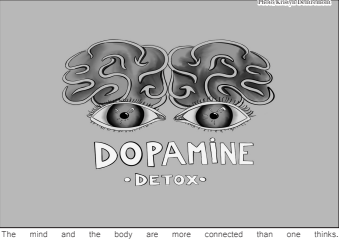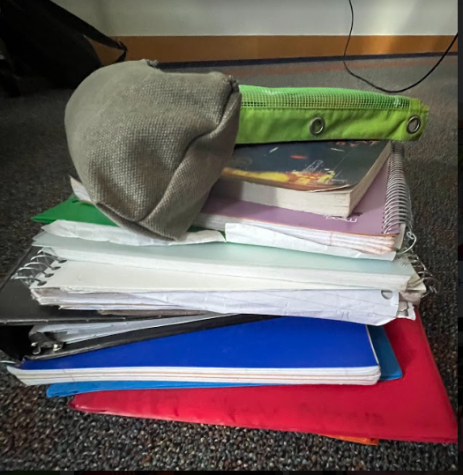Developing Skills to Time Manage Is Essential for Students
Defeating Procrastination Is Key To Efficiently Completing Homework and Studying
Digital or handwritten planners allow students to organize their time and assignments.
High school is a constant grind. From the 6 a.m. alarm clocks to the 2 a.m. cramming sessions for an upcoming test, students’ lives are whirlwinds of work and worry. One culprit of such busy schedules is procrastination. The reprieve between fall and winter sport seasons is the optimal opportunity to both rest and revamp time management skills.
Organization is key to eliminating the stress of completing assignments last minute. By listing homework and test dates according to subject, students are less likely to forget an assignment and checking off a completed task provides students with a sense of accomplishment. Assignment notebooks can be purchased at any office supply store, and Amazon offers over 50 thousand results categorized under the word “agenda.”
However, in our technology-oriented era, there is also a myriad of apps that fulfill the same purpose. For instance, myHomework Student Planner provides all the basics: a calendar, reminders for deadlines and—above all—convenience. The app organizes assignments and due dates by tabs that refine information according to class, priority and type of assignment. Another widely recommended app is Homework App, which is more customizable than myHomework Student Planner. The myHomework App allows students to color code their classes for an appealing interface and prompts students to study by generating infographics as test dates near. The time that students channel into systemizing their homework may seem counterintuitive in saving time, but a comprehensive plan to complete tasks curtails procrastination.
In contrast, technology is also at the root of the time management dilemma. Technology opens many doors to society with one of those doors leading to endless feeds of pictures and mindless games. It is—literally—all fun and games until students realize that they have spent six hours on their phones since they got home from school and a grand total of five minutes on their homework. Removing phones from the space where students study sounds good in theory, but it is undeniable that teenagers feel a sense of attachment to their phones. Thus, without their phones in sight, students may yearn to scroll through Instagram even more so than usual just because their phones are off-limits. The solution is distraction-blocking apps. One app, Flipd, analyzes how productively you spend time on your phone, enables you to block distracting apps for custom intervals of time and fosters a healthy mind with stories on mindfulness. In short, students may be unable to resist their temptations to unlock their phones, but Flipd redirects students back to their work.
Study smarter, not harder: a mantra that likely all students have heard at one time or another. This concept can be reframed by encouraging students to study using individualized, efficient methods. Outlining a time frame to work by setting a timer for an hour may aid students in maximizing productivity. Being engaged in the tasks at hand for an hour is worth more than being semi-productive for four hours. Likewise, visual learners study differently than auditory learners. Simple Mind + is an app that will appeal to visual learners. The app allows students to map out customized study guides that connect concepts through both pictures and words.
Homework may always be a monotonous task, but it does not have to be too time-consuming. Maintaining an organizational system, allocating a set time for each task, and limiting distractions are key to combating procrastination. Winning the battle against procrastination can be the difference between a good night’s sleep and an all-nighter.

Danielle Dentremont, class of 2021, is an Editor-in-Chief for The Searchlight. At Walpole High School, she is captain of the cross country team and runs...

Charlotte Clarke, class of 2021, is the Graphics Editor for The Rebellion. At Walpole High School, she runs cross country and track and is involved in...


